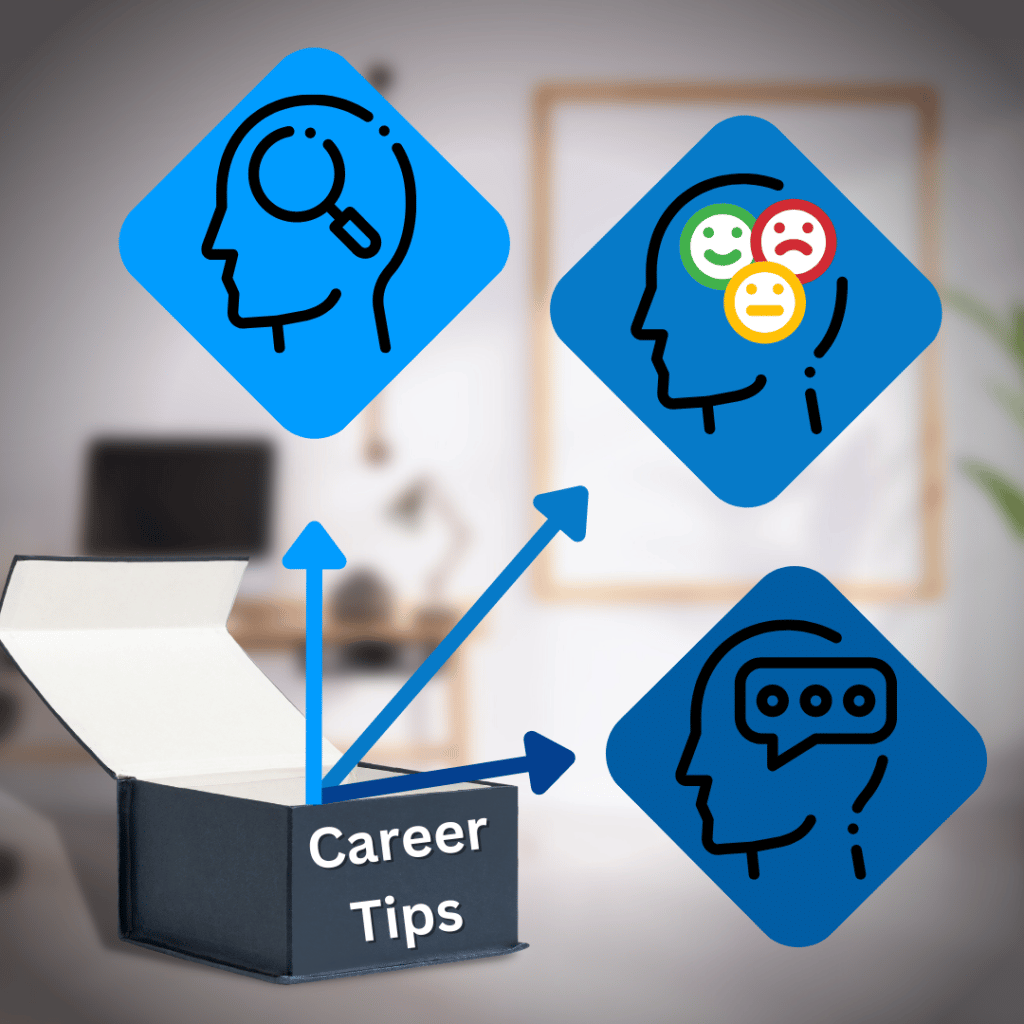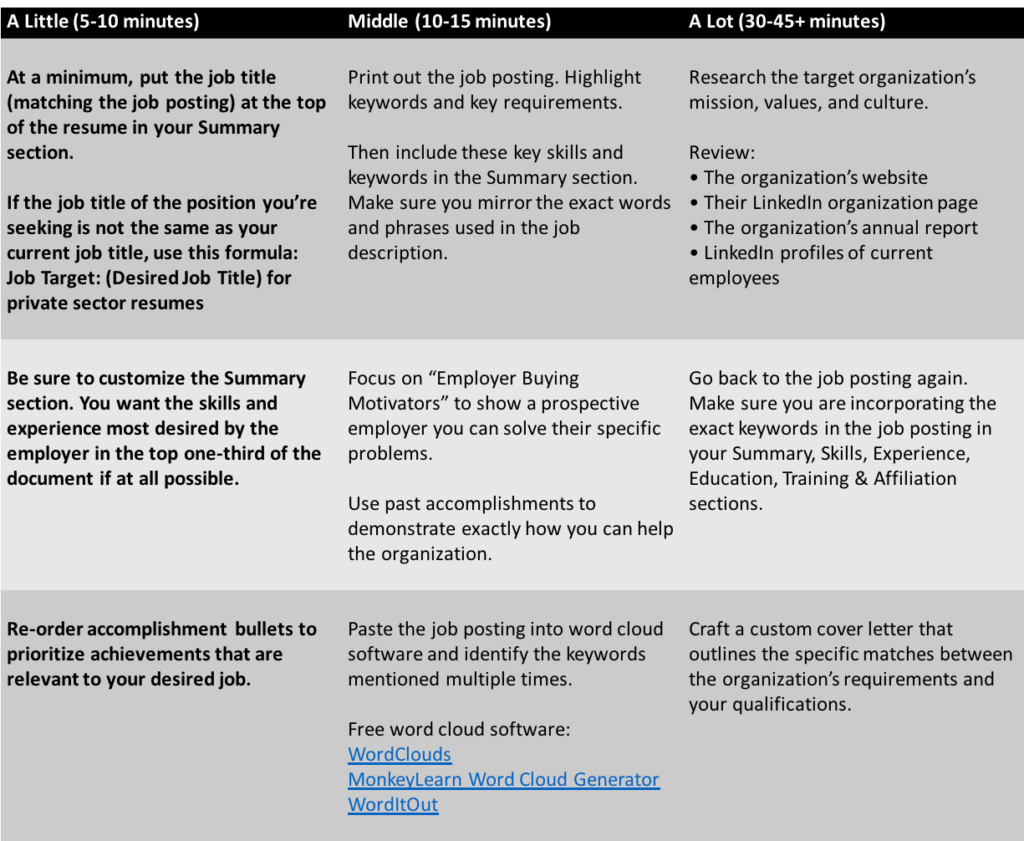New year, new start! Here are 10 easy things to do to improve your career in 2023:
- Listen more attentively and be truly open to feedback (and don’t forget to ask for it).
- Work on your soft skills and emotional intelligence.
- Set professional goals—they don’t have to be large ones, but you do need to write them down.
- Network—both internal and external to your organization.
- Find a mentor
- Create a professional development plan; consider not just formal training but also short-term / stretch assignments.
- Become more self-aware; recognize and address your weak points—as well as improve your strengths
- Take care of yourself; this includes short breaks during the workday, as well as using your vacation time.
- Update your career documents and social media.
- Get in the habit of tracking your accomplishments.
While promotions are certainly not guaranteed, the above 10 ideas will put you on the track for success—either with your current employer or someone else.
For more career tips, infographics, federal job postings, and other helpful media content like our Facebook page, or follow me on Twitter, LinkedIn, and Instagram!



